Mozambique: Vacant shopping centre, hotel slowly but surely ripped off - Photos
Government cautious about private sector land use proposals – Mozambique
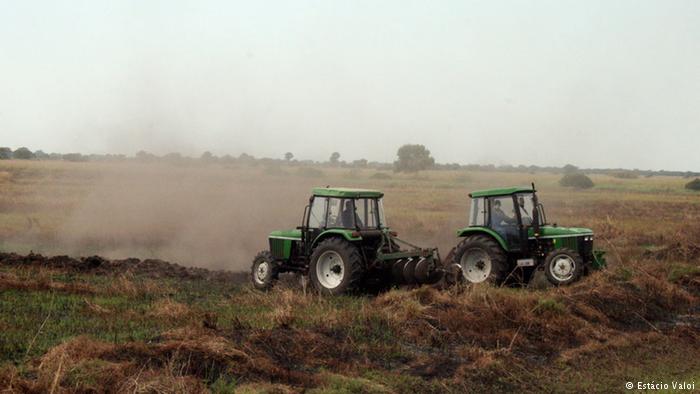
DW / Rice production in Mopeia, Zambézia province, Mozambique
The Mozambican Confederation of Economic Associations has proposed transforming land into an asset that can be used in business transactions with third parties. The government has shown itself cautious but open to debate, Deutsche Welle reports.
The private sector in Mozambique argues that “access to land can be facilitated through the enactment of simplified and less restrictive procedures for the acquisition and transfer of land rights.”
At its annual conference in Maputo, the private sector emphasised that it was necessary to protect “the legitimate customary rights of communities and small farmers to land”.
Agostinho Vuma, president of the Confederation of Economic Associations (CTA), believes that “by facilitating the transferability of DUAT (Land Use Title) we can create a market for land use rights – not a land market per se, because the state remains the owner of the land, and this principle will remain unchallenged”.
Vuma said this measure would ensure more efficient allocation of land, in particular to people and companies with capital and the capacity to make the land more productive, and address the problem of land lying idle, one of the main bottlenecks in rural development in Mozambique.
Adelino Buque, president of CTA’s agribusiness portfolio, explained the reason behind the proposal. “We Mozambicans have not had the opportunity to accumulate, and land is the only wealth we have,” he noted.
Government cautious
Minister of Industry and Commerce, Ragendra de Sousa, said the government was open to debate but expressed reservations about the banking system being willing to finance agricultural projects using DUAT land use titles as a guarantee.
De Sousa said discussion on the subject must take into account “completely solid realities” and the fact that agriculture has its own, unique sector characteristics. “It suffers from major co-variance risk problems and, secondly, there is an inverse relationship between productivity and land area,” Ragendra argued.
The conference assessed the business environment as well as strategies and opportunities for private sector development. “In Mozambique’s current situation, only agribusiness can take us out of the situation we are in. Because a well-fed society is a society that does not have many problems,” Buque said.
The CTA has advocated tax legislation that creates incentives and protects domestic industry, reducing interest rates to relieve small and medium-sized enterprises, and reducing costs and procedures to create a better business environment.
The CTA is also in favour of passing legislation concerning animal and plant health and creating pre-defined parcels of land for commercial agriculture.
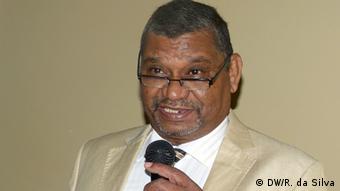
Private sector difficulties
Entrepreneurs also expressed concern about the high cost of business financing, delays in government VAT refunds and in the government paying for services supplied by private companies.
During the conference, the private sector and the government signed a memorandum of understanding on reforms to be prioritised in 2018 and a platform called SPX aimed at improving the business environment.
“One of the things that this platform offers is the certification of small and medium-sized companies, enabling the supply of goods and services to large projects and access to other markets,” Buque said.
The conference was opened by President Filipe Nyusi and attended by more than a thousand participants, including members of government, diplomats, business people and foreign guests.



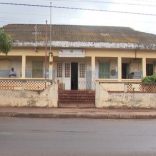

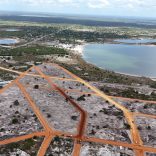

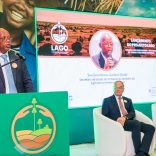





Leave a Reply
Be the First to Comment!
You must be logged in to post a comment.
You must be logged in to post a comment.